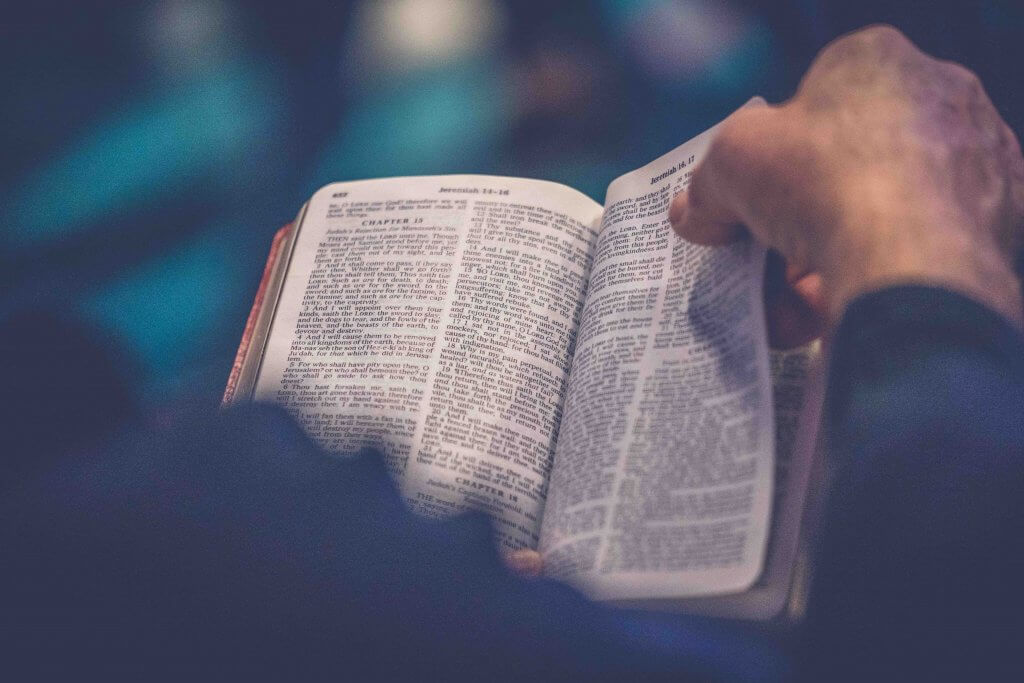Kentucky High School Removes “Bible Literacy” Course
September 13th, 2019

A high school in Kentucky recently announced that it will not offer a “Bible literacy” course due to legal concerns regarding a 2017 law that permits the teaching of Bible-based electives in Kentucky public schools.
Instead of providing this class, the Anderson County High School located in Lawrenceburg decided to offer a “World Religions” course. This new course will cover a number of other world religions besides Christianity, including Hinduism and Islam.
Motivation to Drop the Course
The Bible literacy course had been approved until the school’s eight member council comprised of both parents and teachers began to express concerns about the standards for the course.
The council also had concerns about the constitutionality of the course and the required separation between church and state found in the Establishment Clause of the First Amendment
Kentucky Law
In 2017, the state of Kentucky passed House Bill 128, which includes language stating that students will be afforded the opportunity to understand the Bible’s relevance to contemporary living.
The politician who sponsored the bill stated that whether you believe the Bible is the word or not, the Bible has had a profound impact on today’s society. Following the passage of the bill, supporters stated that the Bible literacy class would offer the advantage of expanding student’s knowledge of culture.
Constitutional Law Applicable to the Case
In 1963, the United States Supreme Court ruled that daily Bible reading and prayer in public schools were unconstitutional. The Court, however, also ruled that religion was permitted in the curriculum of public schools. For example, if a public school offers a course on the Bible, this material would be appropriate for a literature rather than devotional study.
The ACLU, however, found that Kentucky’s school board was teaching its Bible based classes in a devotional manner with some students even being asked to memorize Bible verses. Some students were also being given devotional assignments that asked them how to develop relationships with Christians rather than more linguistic based studies.
Criticism of Kentucky’s Bible Class Law
There has been significant criticism of Kentucky’s House Bill 128. The American Civil Liberties Union has criticized these Bible literacy classes as an unconstitutional promotion of Christianity as well as Sunday school-style teaching. The ACLU has also stated that offering a comparative religion course instead of the Bible based program is a safer and more Constitutional selection for the school.
Another organization that promotes separation between church and state, the Freedom from Religion Foundation, sent letters to Kentucky’s public school district advising them to not offer Bible electives to avoid legal liability.
Continue Reading the Universal Life Church’s Blog
Many of the laws addressing the separation between church and state originate from the United States Constitution, but each year there are a number of landmark cases that test and further define the exact relationship between these two areas. The Universal Life Church’s blog is dedicated to describing the most noteworthy of these updates.


